|
You no doubt have heard about ChatGPT. It’s a terrible name – it stands for Chat Generative Pre-trained Transformer – for an amazing artificial intelligence software application that can, among other things, produce essays on any topic in a matter of seconds. ChatGPT was released by the American research firm OpenAI last November. Since then, there have been heated debates around the world about the ethics, possibilities
and potential dangers of such an “intelligent” computer program.
The Conversation published our first article on ChatGPT on Dec. 5. We’ve published dozens since then across our global network. And this week, The Conversation Weekly podcast offers a great episode on how AI programs like ChatGPT are changing the world – and how it’s happening so quickly.
For your weekend reading (and listening), I’ve assembled a collection of stories about ChatGPT that can help you better understand this emerging technology and allow you to come to your own conclusions: good, bad or a bit of both?
Have a great weekend and we’ll be back in your Inbox on Monday.
|
Weekend Reads: Understanding ChatGPT
|
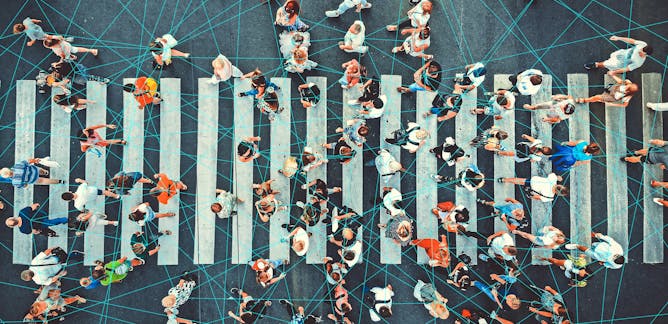
Daniel Merino, The Conversation; Nehal El-Hadi, The Conversation
New technologies are often surrounded by hopeful messages that they will alleviate poverty and bring about positive social change. History shows these assumptions are often misplaced.
| |
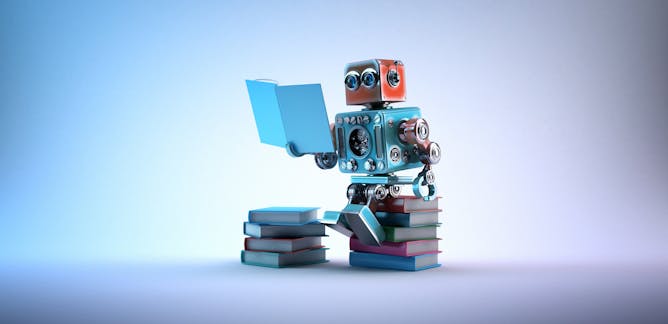
Marcel Scharth, University of Sydney
The newest OpenAI text-generator is a marked improvement over its predecessor – but it still has its pitfalls.
|

Barbara Ribeiro, University of Manchester
Automation may not reduce our workloads as much as we’d hoped.
| |
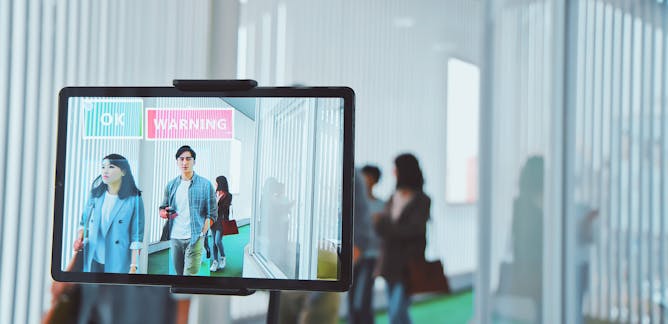
Nicole Gillespie, The University of Queensland; Caitlin Curtis, The University of Queensland; Javad Pool, The University of Queensland; Steven Lockey, The University of Queensland
AI is inevitably entering the workplace – some people are more OK with it than others. But do we trust this technology?
|
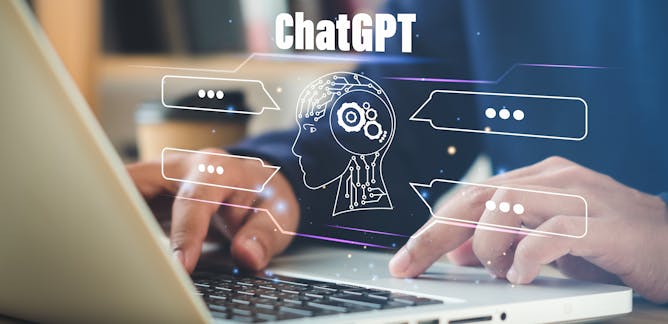
Blayne Haggart, Brock University
ChatGPT is a sophisticated AI program that generates text from vast databases. But it doesn’t understand the information it produces, which also can’t be verified through scientific means.
| |
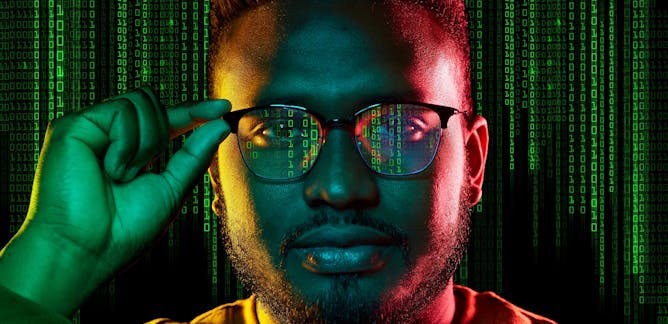
Peter Bloom, University of Essex; Pasi Ahonen, University of Essex
Journalists, policymakers and academics are among those whose worlds could be turned upside down by AI chatbots.
|

Louis Volante, Brock University; Christopher DeLuca, Queen's University, Ontario; Don A. Klinger, University of Waikato
Educators need to carefully consider ChatGPT and issues of academic integrity to move toward an assessment system that leverages AI tools.
| |

Armin Alimardani, University of Wollongong; Emma A. Jane, UNSW Sydney
There won’t be an easy tech fix for the questions about authorship raised by ChatGPT and other text generators.
|
|
|